You know that feeling when an opportunity presents itself and your soul immediately says “YES!” even before your practical mind has a chance to intervene? Or you’ve had a lifelong dream to share space with a wild animal alongside locals who know how to keep you safe?
That’s how our group came together on our exclusive gorilla, chimp, rhino, and big game safari experience. Mountain gorilla permits are so rare and precious. With only about 880 endangered mountain gorillas left, securing our 12 spots was like winning the lottery, except this jackpot had nothing to do with money and all to do with memories that can never be duplicated.
NextTribe is taking another group of 12 women on this same trip in June 2026. Find out more here.
NextTribe’s local partners in Africa, Nkuringo Safaris, have delivered life-changing adventures since 2007, and this woman-owned business understood the assignment: We weren’t just tourists seeking photo ops. We were women ready to push beyond our comfort zones, to venture along the roughest roads and through thick rainforests, and to return home with more than just another check mark on a bucket list trip.
And we really wanted to connect with local women.
Kigali: A “Soft Entry” for First-timers in Africa
Landing in Rwanda’s capital, Kigali, we arrived with old news reports of a genocide going through our heads, but were pleasantly surprised by the beautiful rolling hills and balmy weather. The streets are clean, the morning air is alive with birdsong, and the mountains pose (like they know they’re being photographed). But what really takes your breath away here is the unshakeable sense of starting over, of hope.
We stayed in Heaven (literally the name of our hotel) near the Presidential Palace. Each room had a copy of A Thousand HIlls to Heaven, written by a U.S. aid worker whose wife built Heaven restaurant and the lodging while he established medical clinics in rural areas. On the property they had saved several umuvumu trees, deeply meaningful to Rwandans as they were gathering places for redemption and forgiveness after the genocide.
We weren’t just tourists seeking photo ops. We were women ready to push beyond our comfort zones.
At the Genocide Memorial Centre we moved mostly in silence, bearing witness to one of humanity’s darkest chapters while marveling at Rwanda’s remarkable journey toward healing a little more than a generation after nearly one-third of its citizens (including infants and children) were massacred, often by their own neighbors. (We also learned that a genocide occurs somewhere in the world every 20 years, which is certainly sobering and heartbreaking.)
Today the whole country stops once a month to work side by side, Hutus and Tutsis, on social impact projects. “One Rwanda” is not only government policy, it is the law. There are so many signs of hope, including at the Nyamirambo Women’s Center where we met female entrepreneurs who embody the courage and conviction that makes NextTribe women kindred spirits across continents. A few of us also visited the Root Foundation, which rescues children from the streets and gets them back into school.
At the Hotel des Mille Collines (Hotel Rwanda) we had lunch with Jennet Kim, Rwanda’s UN Women Country Representative. She gave us an insider’s perspective on how the country is moving forward and the role of women in building the country’s future. She also had plenty of questions for us about the US government’s reduction in humanitarian aid to her country.
Read More: What I Learned About Food, Chickens—and Life—in the Peace Corps at Age 50
On to the Heart of Uganda
The five-hour drive from Kigali to Bwindi Impenetrable Forest National Park was a journey through time itself. As we crossed the Uganda border at Katuna, the landscape shifted from Rwanda’s manicured hills to Uganda’s more primal beauty. Bwindi is home to nearly half of the world’s remaining mountain gorillas in a forest so dense that sunlight barely penetrates the canopy.
Our home for three nights, Mahogany Springs Lodge, was a luxurious sanctuary after our bumpy drive on muddy mountain roads. Full board meant we could focus entirely on the experience ahead, though honestly, none of us were thinking much about food. We were thinking about gorillas.
The Gorilla Encounter
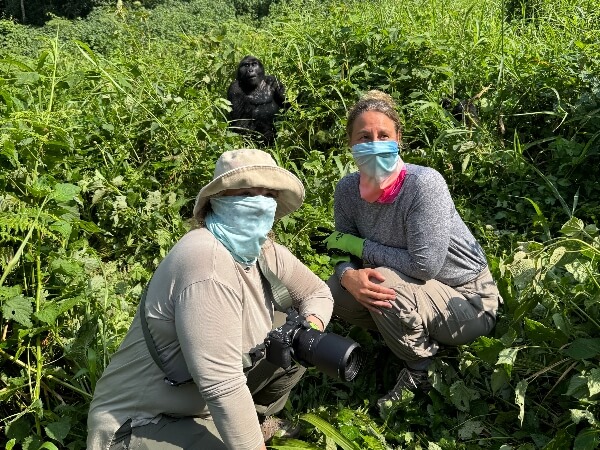
After a very early breakfast we reported to the ranger station by 8 AM, where we had our first opportunity to join local women in some high-energy African dancing. The ranger then explained the rules of the encounter: we’d divide into fast and slow groups, and set off in separate vans to meet our porters, trackers, and guides.
The trek itself could have taken 20 minutes or several hours, depending on where the gorillas felt like chilling that morning. As we climbed a few hills and pushed through vegetation, our tracker told us to stop and listen: we could hear a family of gorillas talking to each other. Not the roars of King Kong but in soft grunts.
We could hear a family of gorillas talking to each other. Not the roars of King Kong but in soft grunts.
Then we saw them. A family of seven, including the silverback. Massive but not scary. Gentle, and to be honest, a little lazy. Leaning against a tree near his family, the silverback and the others regarded us with eyes that seemed intelligent and knowing. But for the most part, they ignored us and allowed us into their world.
For one precious hour, we witnessed the daily rhythms of creatures who share 98 percent of our DNA. When we got back in the van, all of us had the same observation: we really wanted to know what they were thinking! When we met up with the “fast” group they reported that one of their members had been smacked on the back of the leg by the silverback as he headed down the hill to stop a young male from getting a little too fresh with his sister…right in front of the group! No humans were harmed in this brief encounter with the gentle giants, thank goodness.
Straight from the Pages of Nat Geo
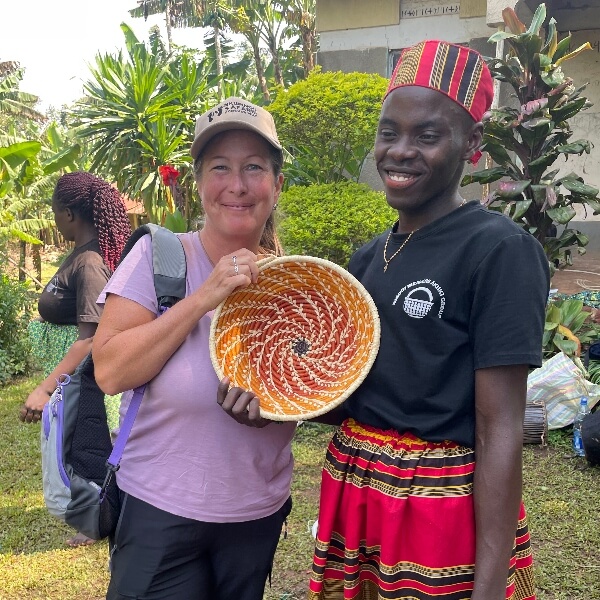
The next day we climbed a long hill to visit the Batwa people, the original forest dwellers (aka pygmies) whose connection to this land stretches back millennia. These hunter-gatherers, often called the “Keepers of the Forest,” demonstrated survival skills that made our modern lives seem almost comically complicated.
These hunter-gatherers demonstrated survival skills that made our modern lives seem almost comically complicated.
Through their eyes, we understood that conservation isn’t just about protecting animals—it’s about preserving entire ways of life, ancient wisdom, and the delicate balance between humans and nature that indigenous peoples have maintained for generations.
We also visited a women’s cooperative and learned that divorce, though common, meant women were left as single mothers with no way to feed their children. A divorced woman started the Single Mothers Buhoma collective to teach other women to make crafts sold in their store and at local markets. Every time I look at the baskets I bought from them or wear clothes they made I’m reminded of these resilient women.
Chimps on Patrol
A bush plane to Kasese moved us deeper into Uganda’s primate territory. Turaco Treetops Lodge was our new base of operations: A series of beautifully designed modern cabins with decks overlooking the forest, a pool, and a lodge where somehow the chef conjured up five-star meals, and elephants roamed the property after we went to bed.
We chased a group of males as they swung through the canopy, their hoots echoing through the forest.
Kibale National Park holds the distinction of having Africa’s highest density and diversity of primates. Thirteen species can be found here, but the stars of the show are the chimpanzees. With 1,450 individuals, this represents Uganda’s largest chimp population.
Our trek was everything the gorilla experience wasn’t. Where the gorillas embodied a gentle dignity, the chimps were pure energy and mischief. We chased a group of males as they swung through the canopy, their hoots echoing through the forest. We were told they were “on patrol” in search of females. Natch.
This was a much more high-energy hike than expected, but our group relished this challenging adventure, especially our fitter (and not always younger) travelers. I was the least fit, so I relied on the guy with the gun to help me over logs and up some steep hills!
Where the Nile Begins Its Journey
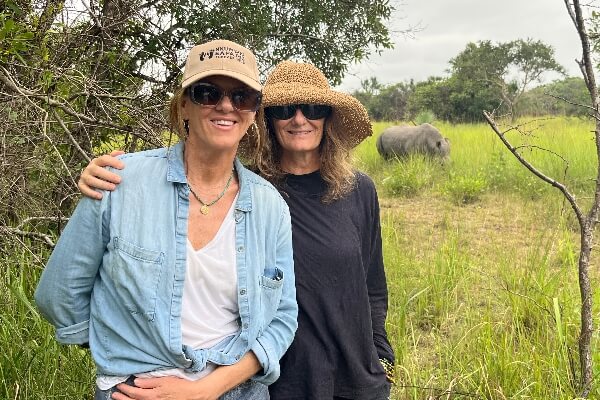
Another bush plane to Murchison Falls National Park transported us to a completely different ecosystem, and, for the first time on our trip, hot weather. If Bwindi was intimate and Kibale was energetic, Murchison was epic. At 3,000 square miles, this park houses 76 mammal species and over 451 bird species across landscapes that range from rainforest to thick, dry savannah.
Murchison River Lodge, our glamping home on the banks of the Nile River, embodied everything we’d come to love about this journey: wild, natural beauty and now, animals most of us had only ever seen in zoos. Kenya, Tanzania and Botswana may have the PR, but Uganda has the same animals and far fewer crowds. Nothing worse than a traffic jam of land cruisers when you’re on a game drive!
An afternoon boat cruise to Murchison Falls was, not gonna lie, a bit harrowing. We all fit into one small boat and our captain—a woman— was not only excellent at spotting the river’s wildlife, she piloted that boat through swirling eddies like a boss. Picture this: the mighty Nile, having traveled from Lake Victoria, suddenly squeezes through a narrow 22-foot gap before cascading down into a gorge below. The force and power of this waterfall is indescribable.
Hippo eyes peered at us as they floated like massive gray logs, crocodiles lay motionless on muddy shores.
But the real magic happened along the riverbanks. Hippo eyes peered at us as they floated like massive gray logs, crocodiles lay motionless on muddy shores, and families of elephants moved with grace through the riverside vegetation. This was Africa as we’d always imagined it, untamed and absolutely magnificent.
And it was not without its moments when our travelers were howling with laughter. One occurred a few seconds after one traveler–born and raised in South African–warned us all not to rush to the other side of the boat if a hippo approached (that’s how boats can topple over). Suddenly a hippo raised its head right next to her seat. She leaned away and fortunately everyone else stayed put!
The second was when we encountered a male baboon sitting in a tree pleasuring himself in front of our all-female audience. You can imagine our reaction. Only one of us captured it on video, and you can be sure that video was shared with all of us, and our friends back home!
Read More: Two Women of Different Faiths Show That Female Friendship Can Heal Hate
The Final Safari

Saturday’s game drive in the park felt like we were living in a nature documentary. The Delta region offered our best chance to spot lions, and on this day, we saw two females and a cub lounging in an acacia tree. Our drivers spotted an elusive jaguar, and our Land Cruisers got us close to several families of Rothschild’s giraffes slowly making their way across the landscape. By the end, the baboons were so plentiful we took to calling them squirrels. One traveler said, “Imagine if people came to North America and whipped out their cameras every time they saw a squirrel!”
By the end, the baboons were so plentiful we took to calling them squirrels.
On our morning and afternoon game drives we were treated to so many antelope we called them squirrels, too. We also spent time watching many more elephants and huge herds of cape buffalo, which, along with hippos, are considered the most dangerous animals on Earth.
Reflections on Lake Victoria
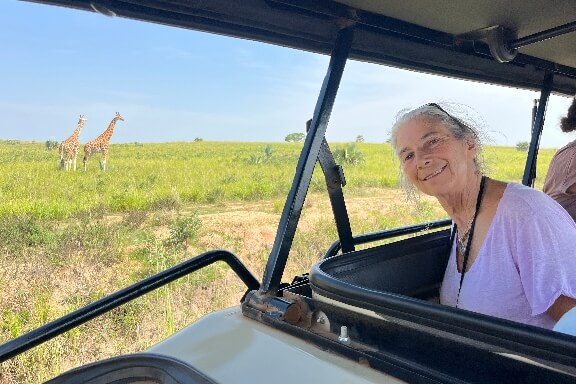
After another bumpy ride from Murchison to Entebbe, (our driver/guides called them “African massages”), NextTribe’s local partners treated us to an eye-popping performance of professional African dancers (of course we joined in) and a banquet of local delights, plus gourmet pizza!
Our hotel in Entebbe on the shores of Lake Victoria felt appropriately reflective, and provided the perfect setting to process everything we’d experienced. Thirteen days that had started with excitement and anticipation were ending with something deeper: a profound sense of connection to the people, the land, and the animals.
Our trip here renewed our feelings of gratitude for our own lives and a deeper empathy for women in Uganda and Rwanda.
At our final gathering we were relishing the moments, and the fact that we got to experience them with each other. Among our group were a Canadian woman who had donated a kidney to her elderly uncle, a woman from North Carolina who was a surrogate mother for her sister, a CEO of a medical practice, and two friends from Maryland who had worked for the FDA (lots of medical expertise on our trip. Also a South African and an Australian who now live in the US (and were traveling on to Zanzibar after our trip), a US citizen who now lives in Nicaragua, a woman from Chicago on her fifth NextTribe trip, another Canadian we relied on for all of our best animal closeups (she had a professional camera with a long lens), and my roommate, a writer who had recently lost her partner, the love of her life.
Though we’d all had different life experiences, we shared the common one of living in the “developed world,” with all of its comforts and challenges. Our trip here renewed our feelings of gratitude for our own lives, and a deeper empathy for women in Uganda and Rwanda.
The Real Journey Home
As we prepared for departure on June 29th, none of us were the same women who had arrived in Kigali nearly two weeks earlier. We’d looked into the eyes of mountain gorillas. We’d danced with and learned from indigenous people. We’d witnessed the power of the Nile and the grace of elephants. We’d supported female entrepreneurs whose dreams probably mirror our own.
But perhaps most importantly, we’d discovered that the most profound journeys aren’t just about the destinations we reach—they’re about the courage to step into the unknown, the willingness to be changed by experience, and the joy of sharing extraordinary moments with kindred spirits who happen to be women.
Because that’s what happens when NextTribe women answer the call of the wild.


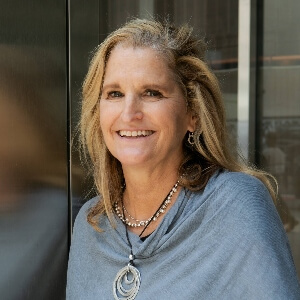

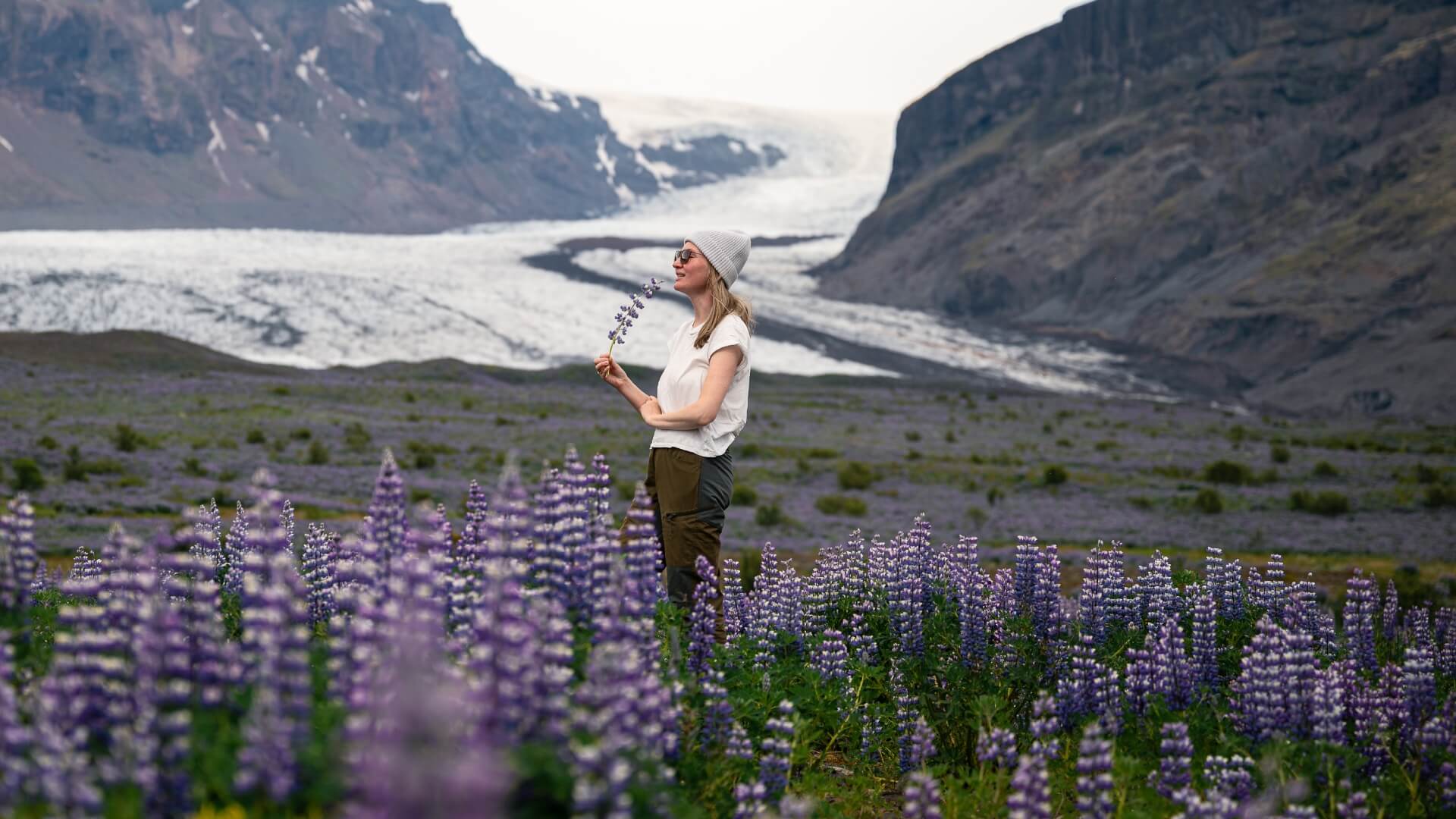


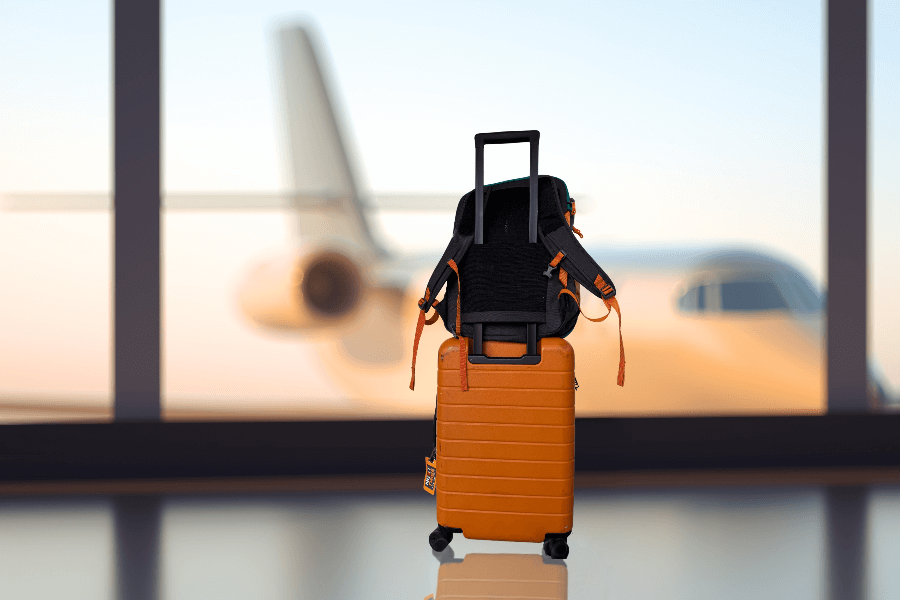


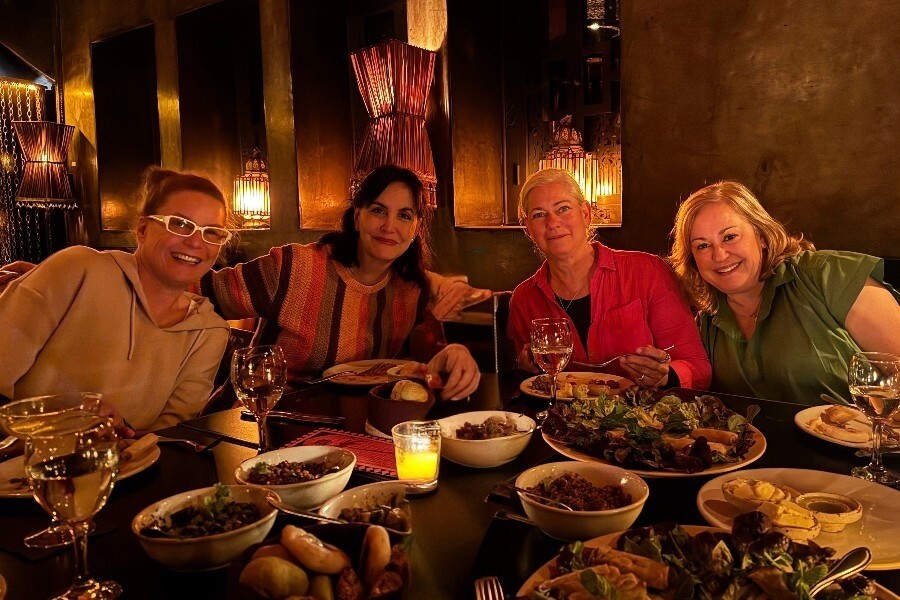
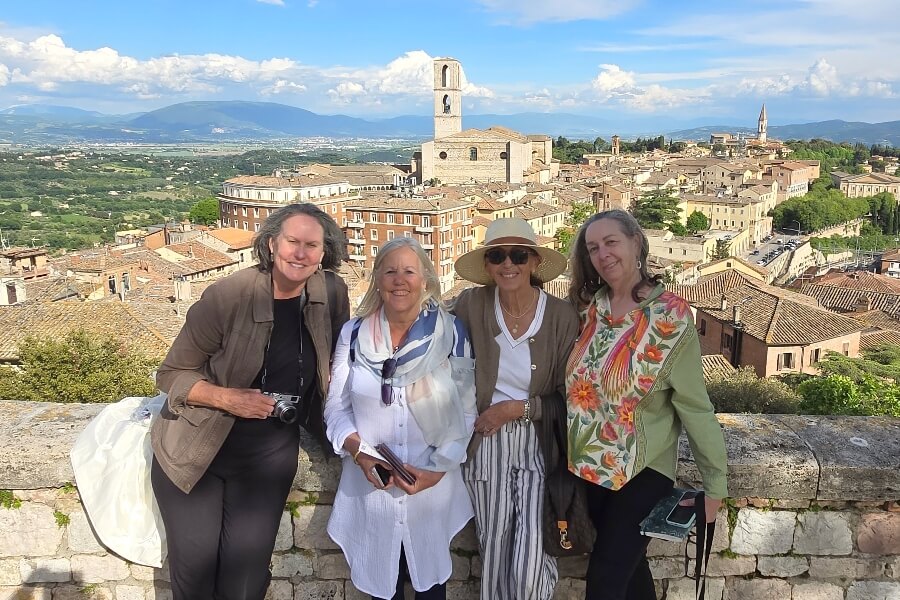


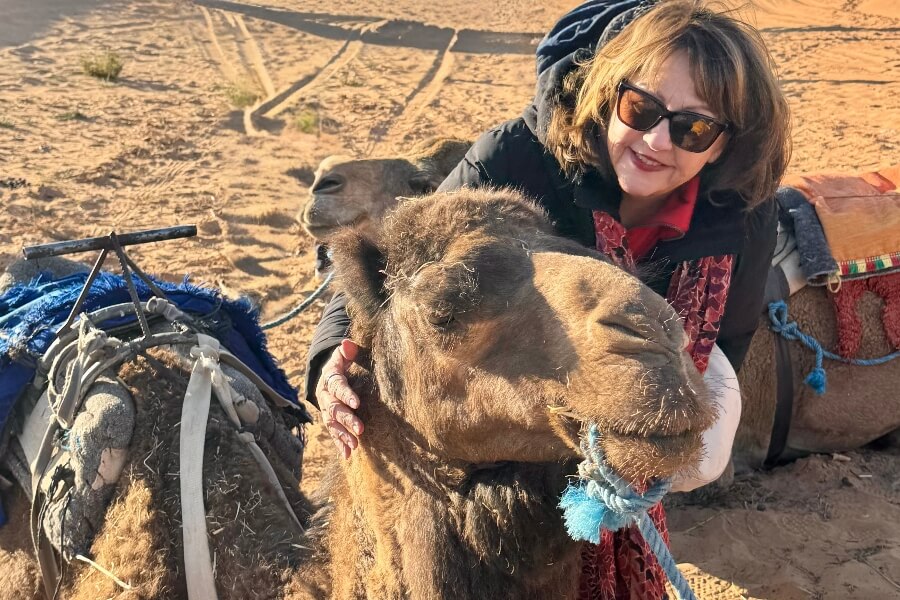
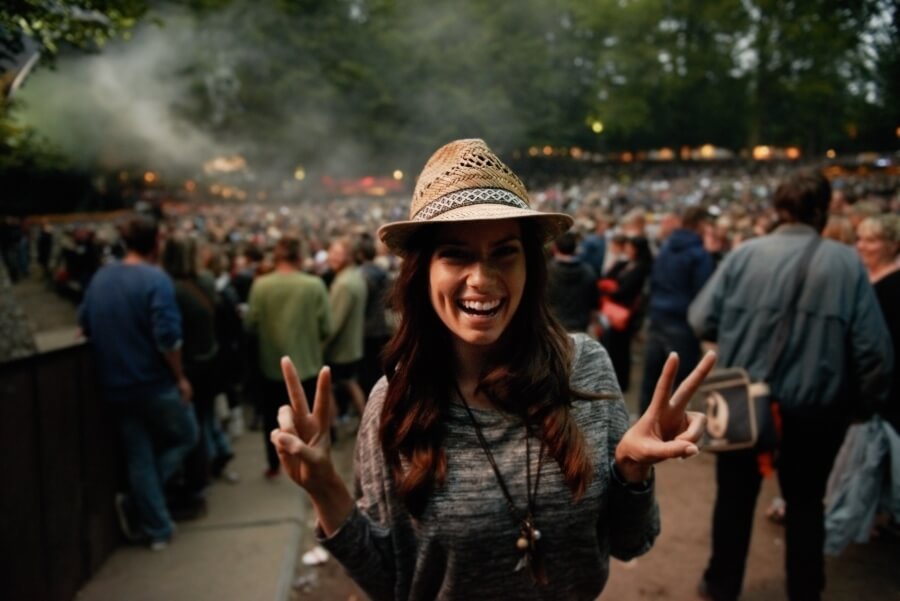
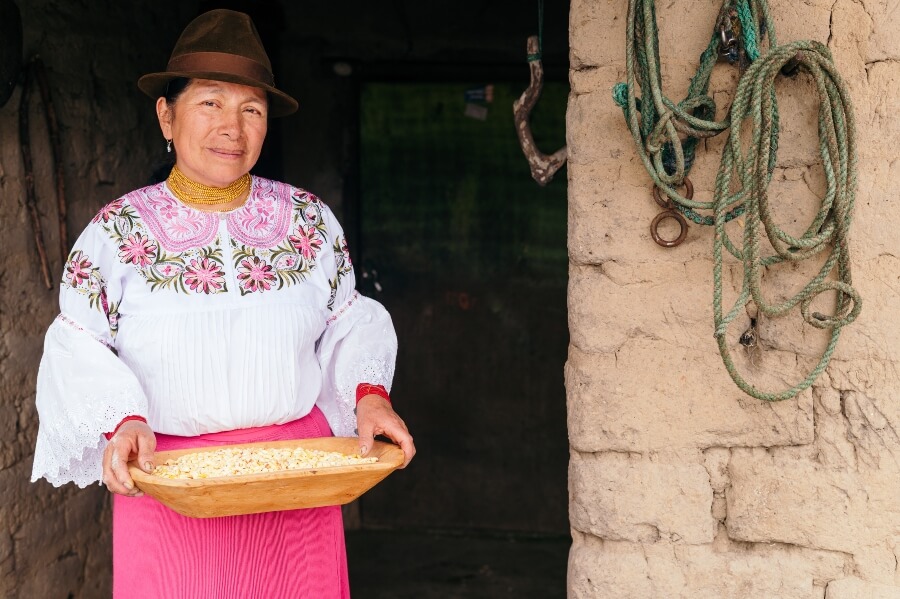
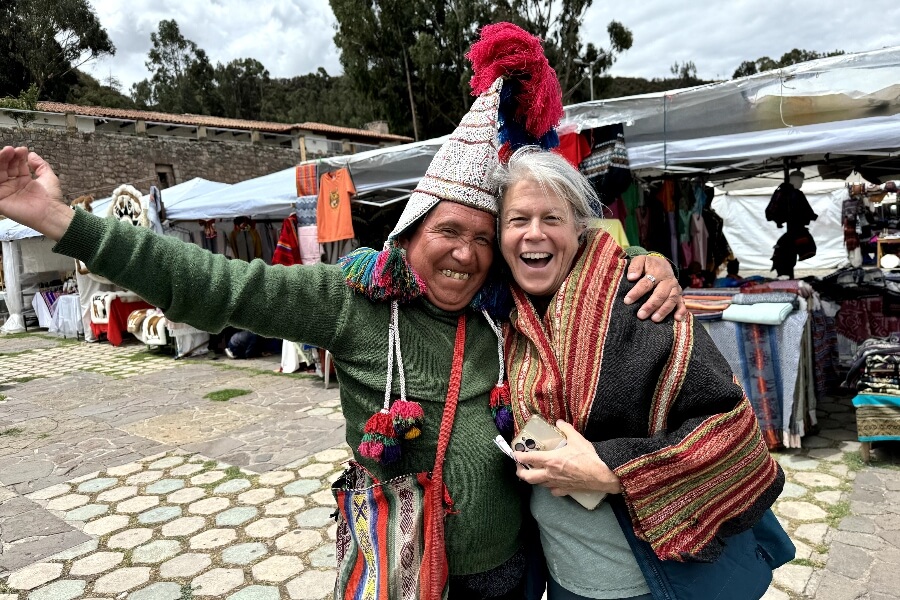
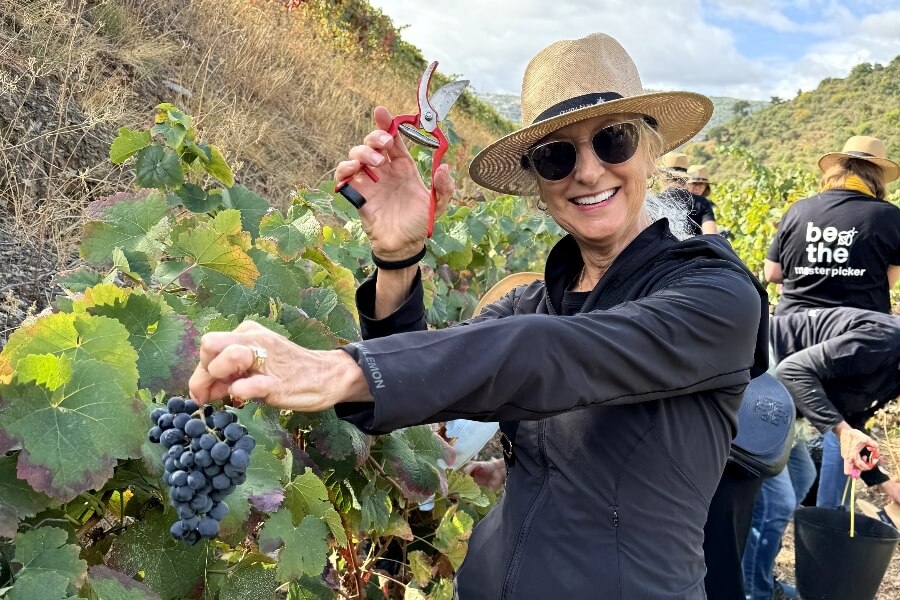
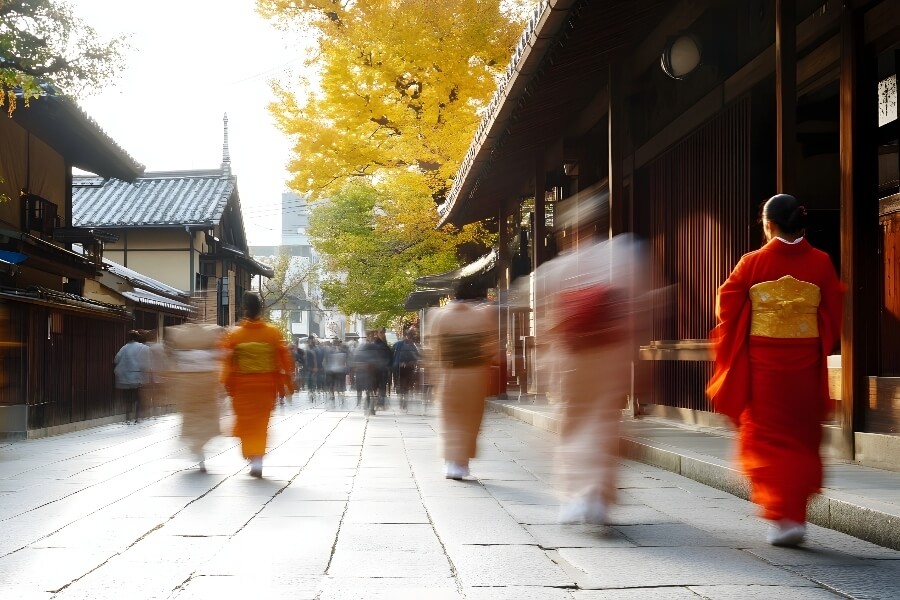
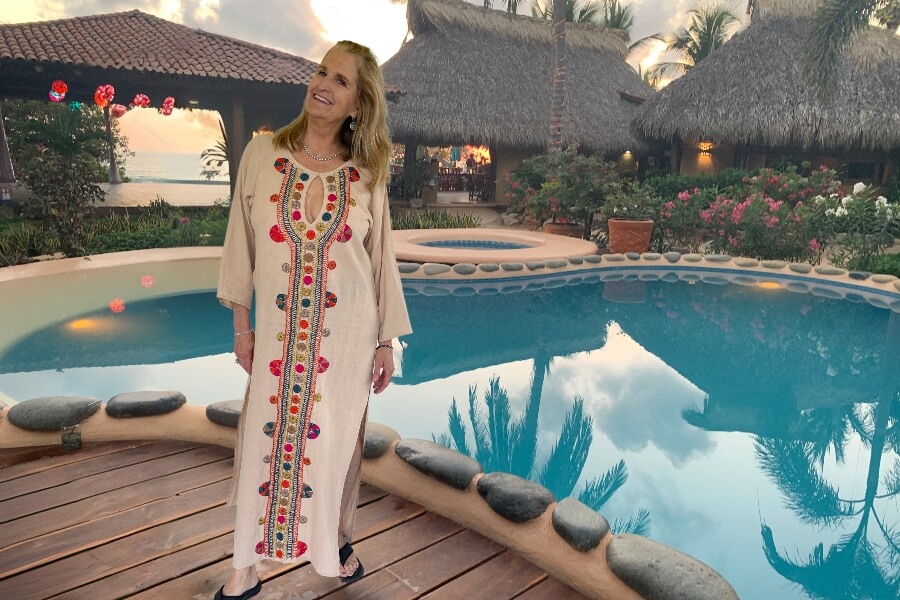


0 Comments